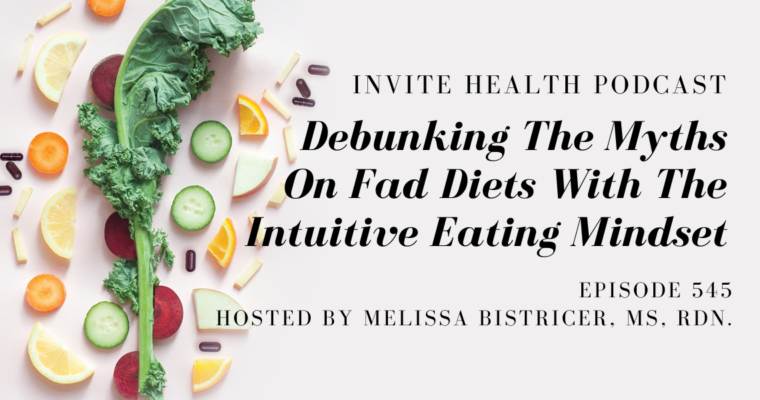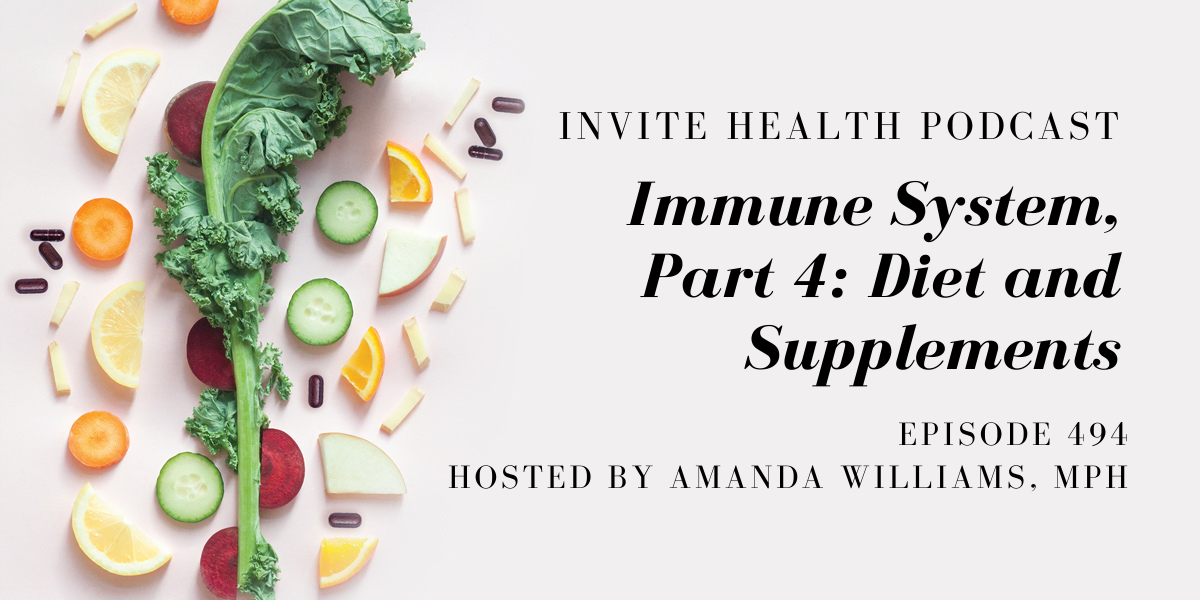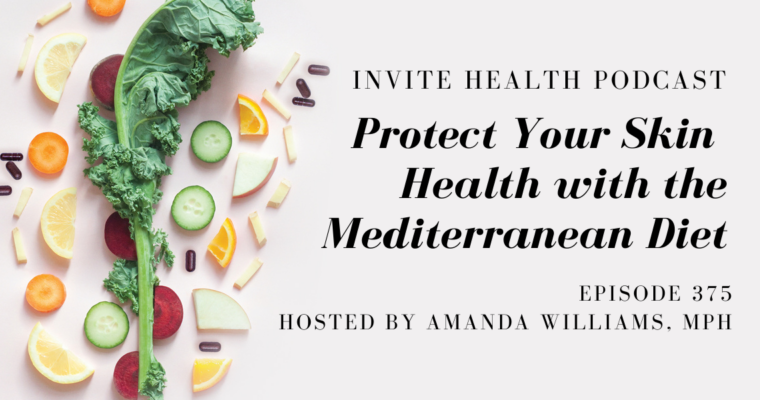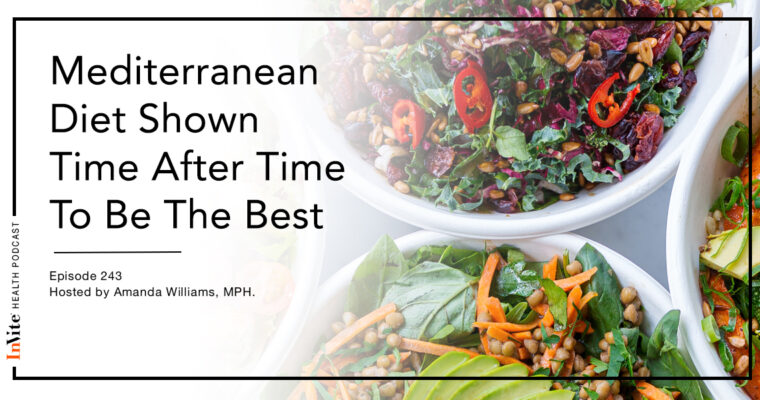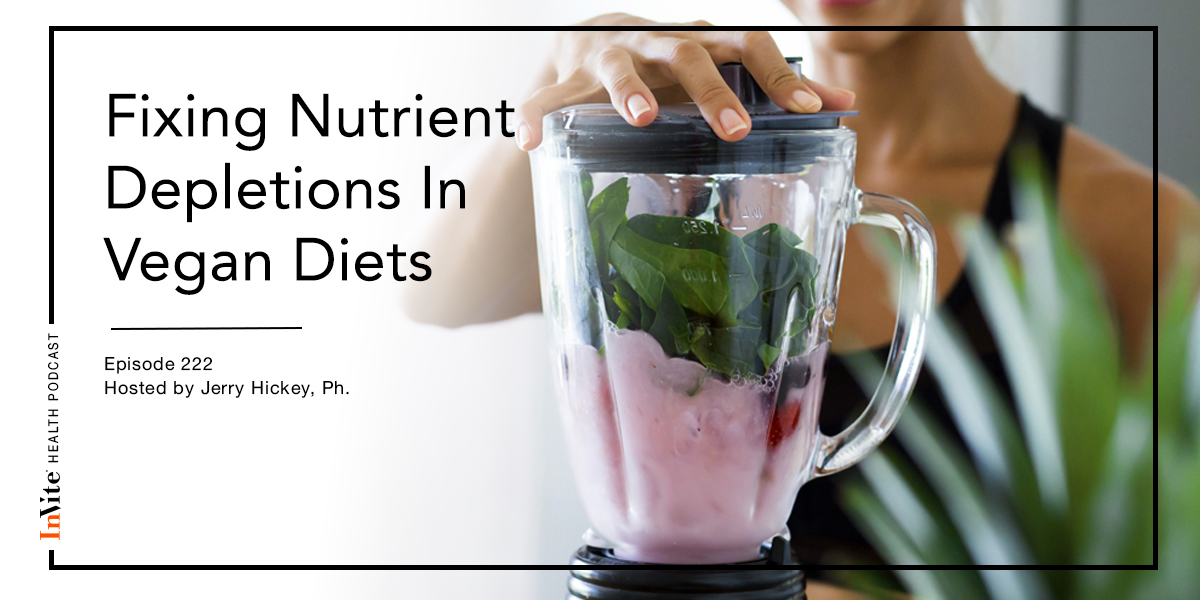immune system
Subscribe Today!
Please see below for a complete transcript of this episode.
Immune System, Part 4: Diet and Supplements – InViteⓇ Health Podcast, Episode 494
Hosted by Amanda Williams, MPH
*Intro music*
InVite Health Podcast Intro: Welcome to the InViteⓇ Health Podcast, where our degreed healthcare professionals are excited to offer you the most important health and wellness information you need to make informed choices about your health. You can learn more about the products discussed in each of these episodes and all that InViteⓇ Health has to offer at www.invitehealth.com/podcast. First time customers can use promo code PODCAST at checkout for an additional 15% off your first purchase. Let’s get started!
*Intro music*
Amanda Williams, MPH:
[00:00:40] So now we come to part four of the immune system, and this is all about the different nutrients that you can be looking at incorporating into a daily routine when it comes to bolstering up your immune defenses. So I’m Amanda Williams, MD, MPH and when it comes to immunodeficiencies, the most common… This is interesting. The most common immunodeficiency in the world is malnutrition. So we know that if we are not getting the appropriate macronutrients, micronutrients, fatty acids, this can suppress our immune system. So we know that we need to make sure that we have adequate exposure to good, healthy foods. So the adherence to the Mediterranean Diet has been shown to be the most supportive to the immune system. We know that taking a comprehensive multivitamin, multimineral formulation also helps to cover the gaps that perhaps your diet is not providing. So taking in additional nutrients is the key to trying to avoid that steady slowdown of the immune system from immunosenescence.† [00:02:04]
[00:02:06] So looking at all of the different vitamins and minerals and the, the role that they play when it comes to both the innate and the adaptive immune system is critical to understanding this. Like I had mentioned in episode one, a lot of focus is usually put on Vitamin C, Vitamin D and zinc. We know that when it comes to micronutrient deficiencies, this is a big problem. In this country, we know that when it comes to Vitamin E, it is estimated that over 90% of the US population does not get adequate Vitamin E. We know that the number is between 50 and 75% of the US population does not get adequate magnesium. Over 40% when it comes to Vitamin A. It’s only about 30%, which is still incredibly high, but when we look at Vitamin C and we look at our B-vitamins and we’re looking at, you know, a good 15% of the population. Zinc insufficiency is quite common in this country.† [00:03:14]
[00:03:15] So we’re not talking about actual deficiencies, but we’re talking about inadequate exposure, which is why just that multivitamin, multimineral, the Core Multivitamin, for example, would be a very good place to start. I talked about the essential way in which Vitamin A helps when we think about our adaptive immune response. We know that when it comes to T-cell mediated immune system response, Vitamin A is critical to this. Of course, we know how Vitamin D is playing a role. We know that Vitamin D is really important when we think about the way that the immune cells proliferate. We know that those who have autoimmune conditions, which I talked about autoimmunity in episode three, that there is a strong correlation between Vitamin D deficiency or significant insufficiency and multiple autoimmune conditions, things like multiple sclerosis, rheumatoid arthritis. Those folks usually have low serum Vitamin D levels. They’ve looked at this in type one diabetics, generally have very low levels of Vitamin D. And we know that Vitamin C, certainly critical when it comes to the immune system response. And knowing now that a good 30% of the US population doesn’t get adequate exposure to Vitamin C from their diet alone.† [00:04:54]
WHY MULTIVITAMINS ARE SO ESSENTIAL TO YOUR HEALTH TODAY – INVITE HEALTH PODCAST, EPISODE 5. Listen Now>>
[00:04:56] Now the really interesting one is Vitamin E because many times we don’t think about Vitamin E in that aspect of immune system. If we have 90% of the US population doesn’t get adequate Vitamin E, then that’s a big problem because we know that Vitamin E deficiency impacts both the innate and the adaptive immune system response. Seeing these things, seeing this, especially in the setting of hypersensitivity autoimmune conditions, you can definitely see that Vitamin E plays a role into this. There’s been studies showing Vitamin E supplementation can be beneficial when it comes to respiratory tract infections. Most people would never think about Vitamin E when you think about lung health.† [00:05:46]
[00:05:47] Then you get into your B-vitamins and we know that we have to have those B-vitamins for so many different biological functions in the body, but when we think about the way that the B-vitamins are playing an integral role for an optimal immune system is very important. We know that when you look at things like elevated homocysteine in the setting of cardiovascular disease, that B-vitamin insufficiency can be a driving force to that, low levels of B6, B12, folate. Certainly, there have been multiple trials that have indicated that folate deficiency is implicated in impaired immune responses in the body. Same thing with B12.† [00:06:33]
[00:06:36] Obviously, zinc is kind of that mainstay of the immune system when people think about different minerals and we know that zinc deficiencies certainly suppress immune function. We see that common link between zinc insufficiency or deficiency and thyroid autoimmune conditions. If you have low zinc, low iron, for example, this can exacerbate an autoimmune thyroid problem, Hashimoto’s, and many people would never think of zinc or magnesium or iron when they’re thinking about their thyroid.† [00:07:15]

[00:07:17] So we know that the vitamins and minerals are certainly integral. We cannot overstate the importance of those essential fatty acids, your omega-3 fatty acids, when it comes to being able to ease inflammation. Study after study continue to show that when we have adequate amounts of omega-3 fatty acids, this can help to regulate the immune system response and the inflammatory response, which is why so many people who have autoimmune conditions should be taking fish oil or krill oil. You see this in people who have rheumatoid arthritis, they start to take in higher intake of omega-3 fatty acids, and they start to feel better. We can see all of the different ways in which the foods that we eat can either help us or hurt us. And this is why I always default back to the Mediterranean Diet because this is high in omega-3 concentration. This is high in powerful antioxidants that are coming from your foods, from fruits and vegetables. They have natural probiotics that we know help to create stability within our microbiome. And we know that 70% of that immune system is located within the intestines. The probiotics have been shown, when you’re taking supplementation of probiotic… Good quality probiotic, that definitely makes a difference. It has to be multi strained, like the Probiotic HxⓇ. But this has a benefit to both the innate and the adaptive immune response. They did a study back in 2013 where they looked at 23 different randomized controlled trials showing that probiotics actually reduce the risk of things like Clostridium infections. Now, Clostridium infections oftentimes are brought on by people being on an antibiotic, so you’re on an antibiotic for your sinus infection and the next thing you know, it creates a dysbiosis of your gut bacteria. Your good gut bacteria gets wiped out and Clostridium can begin to run rampant. So with incorporating good, healthy probiotics, those good, healthy bacteria, putting them back into the system so they can recolonize is definitely very beneficial. Seeing the studies in inflammatory bowel conditions such as the autoimmune ones, Crohn’s, ulcerative colitis, we know all of these different aspects.† [00:10:01]
[00:10:02] We can look at mushroom extract, understanding how the mushroom extract is working on a couple of different fronts. The support of the cell-mediated response, but also when we think about that adaptive immune response as well. We can look at nucleotides, the actual nucleic acids that give the message to the cell, to that immune cell, as to what to do. So the Nucleotide Complex is an excellent choice when it comes to the support within those immune cells, those rapidly dividing immune cells. There are many different nutrients that have been studied and shown to have powerful impacts on our immune system.† [00:10:50]
[00:10:51] Green tea, the EGCG, across the board has been studied in the setting of viruses, bacterias, fungus and we can see how those powerful catechins do so much when it comes to the way that the body is reacting to that overstimulation. So there’s a lot of different nutrients that sit outside of just the macro and micronutrients, those vitamins and minerals. Looking at the mushroom extract, looking at the Nucleotide Complex, looking at EGCG coming from green tea and white tea. So our tinctures are really excellent options.† [00:11:34]
[00:11:36] There are things like colostrum when we think about that passive immunity once again. Remember, we talked about passive immunity and how that is passed on from the mother to the child. We think about the immunoglobulins that are derived from breast milk, for example, and this is why colostrum is incredibly supportive when it comes to the immune system. There are many ways for us to boost up our immune system. We can look at how antioxidants can play a role in strengthening the immune system because it helps to take care of those free radicals and those reactive oxygen species that can do damage at that cellular level and create dysfunction and drive up more systemic inflammation. So utilizing products like the Purples HxⓇ, the Reds HxⓇ, the Greens HxⓇ are all excellent ways that help to enhance once again our immune system. We have the Immunity HxⓇ, for example. We have the True Immunity, Olive Leaf Extract. You know, garlic extract certainly is very beneficial when it comes to enhancing the immune system.† [00:12:55]
THE MANY HEALTH BENEFITS OF OLIVE LEAF EXTRACT – INVITE HEALTH PODCAST, EPISODE 416. Listen Now>>
[00:12:55] And remember, these different nutrients are working on multiple different levels. Not only is it through the power of the antioxidants that they are yielding, but it’s also through the downregulation of inflammation. And remember, we know that inflammation is brought on because of the immune system, and it’s that chronic inflammation that creates all of the problems when we look at every single chronic disease out there. We can go a step further and we can look at DHEA supplementation for the support of the immune system. We know that DHEA, that very important adrenal steroid hormone, begins to diminish as we get older and low levels of DHEA have been directly correlated once again with the manifestation of many autoimmune conditions. You can see this in the setting of MS, multiple sclerosis. Generally speaking, people who have multiple sclerosis will have low serum Vitamin D levels and low serum DHEA sulfate levels. And unfortunately, they usually are never looking at that. They just put them on immunosuppressant medication.† [00:14:09]
[00:14:11] So between the hormonal approach between the vitamin and mineral approach between the probiotics and the omega-3 fatty acids and all of those wonderful plant-based and herbal-based extracts, there are many ways for us to enhance our immune system. And it’s something that we have an awful lot of control over, and we shouldn’t take it for granted. I always mention, don’t take your immune system for granted because we know that immunosenescence is going to occur. We know that the immune system is going to get weaker as we get older. We know that our diet can drive or accelerate that process of a weakened immune system. We know that lack of exercise can drive or accelerate the weakening of the immune system. So we want to make sure that we take the appropriate steps in terms of those lifestyle modifications to enhance our body’s ability to fend off any little pathogen that comes our way so we can have an adequate immune system response to maintain our health throughout our aging process. So definitely check out all of our immune system formulations and reach out to one of our healthcare experts. They are there to help you help yourself, and they can certainly get you on the right routine when it comes to enhancing your immune defenses.† [00:15:47]
[00:15:48] So I want to thank you so much for tuning in to the InViteⓇ Health Podcast. Remember, you can find all of our episodes for free wherever you listen to podcasts or by visiting invitehealth.com/podcast. Now, do make sure that you subscribe and you leave us a review. You can follow us on Facebook, Twitter and Instagram, and we will see you next time for another episode of the InViteⓇ Health Podcast. [00:15:48]



